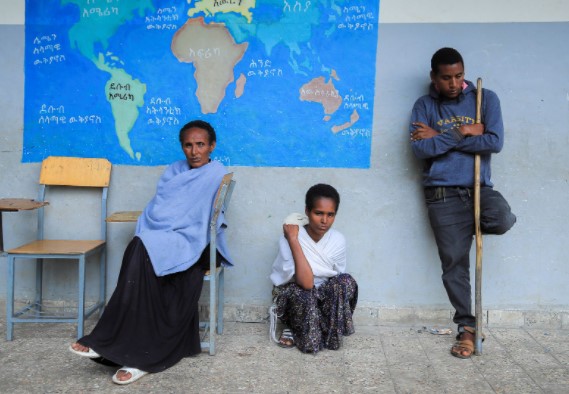×
The Standard e-Paper
Join Thousands Daily

Civilians displaced from Kobo town are seen at a school makeshift camp for internally displaced people due to the fighting between the Ethiopian National Defense Force (ENDF) and the Tigray People's Liberation Front (TPLF) forces, in Dessie town, Amhara Region, Ethiopia. [Reuters]
All sides fighting in the war in Ethiopia's northern region of Tigray committed violations that may amount to war crimes, according to a joint investigation by the United Nations and Ethiopia published on Wednesday.







